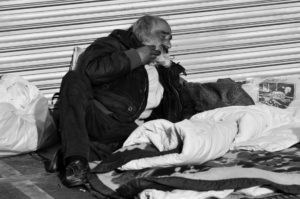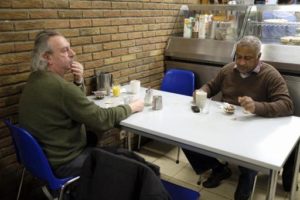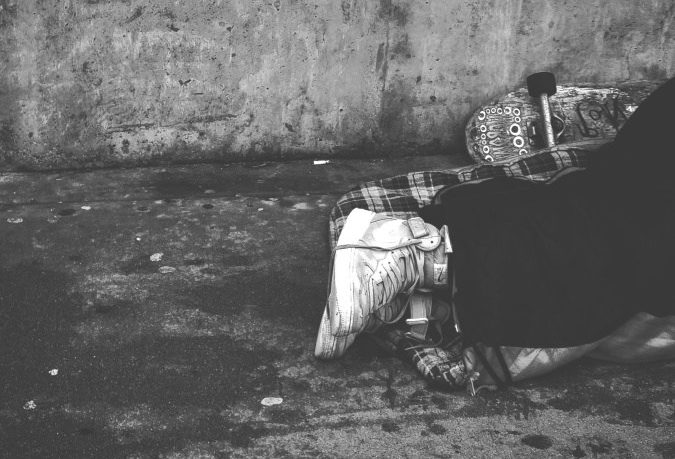Brussels Region will activate on Friday a plan to provide accommodation and emergency assistance for homeless persons during winter.
The system, which will continue until 30 April next, is coordinated by the Brussels’help organisation, for the first time since the reform conducted in the wake of the inquiry into the management of Samusocial, the regional emergency services agency.
Accommodation for close to 3,200 people is to be financed under the plan: 2,150 slots open all year round in shelters, non-profits and the Samusocial; 740 in the New Samusocial and 45 in temporarily unoccupied public housing.

Credit: Pexels
The Municipality of Brussels’ Community Commission has injected close to €6.3 million in this system, which covers the toughest months of the year for those without homes. For some years now, the Government has been providing a subsidy of €1.3 million for it.
Integrated regional coordination now allows for the complementarity of interventions and “multiple, coherent assistance to best respond to the diversity of personal situations,” according to the Minister in charge of Assistance to Persons, Alain Maron (Ecolo), who presented the system, alongside the heads of many field-based associations.
Such coordination also improves the collaboration between night-time systems, based primarily on accommodation, and daytime ones, which pave the way for long-term reinsertion initiatives.
Among its innovations, the 2019-2020 plan allows for the strengthening of the work of the 12 daytime services and their complementarity, and, in particular, it provides for siestas for the homeless via the Pierre d’angle (Cornerstone) non-profit association, a new around-the-clock service by the Rolling Douche non-profit group, which travels to many parts of the city; the strengthening of coaching on sustainable lodging and, broadly speaking, the increasing of the opening and closing hours of daytime centres.

Credit: © Belga
More structurally, attention will be paid to joint identification of needs through a more harmonised common identification.
The winter system of assistance for the homeless is voluntarily very different from that of providing temporary accommodation for trans-migrants, organised at the Porte d’Ulysse (400 places) with financial support from the Brussels Region.
According to Maron budgetary discussions still need to be held to stabilise the system over the next few years. The minister recalled, however, that the majority agreement explicitly targets an increase in social and health resources.
The Brussels Times

